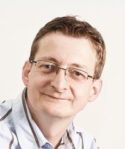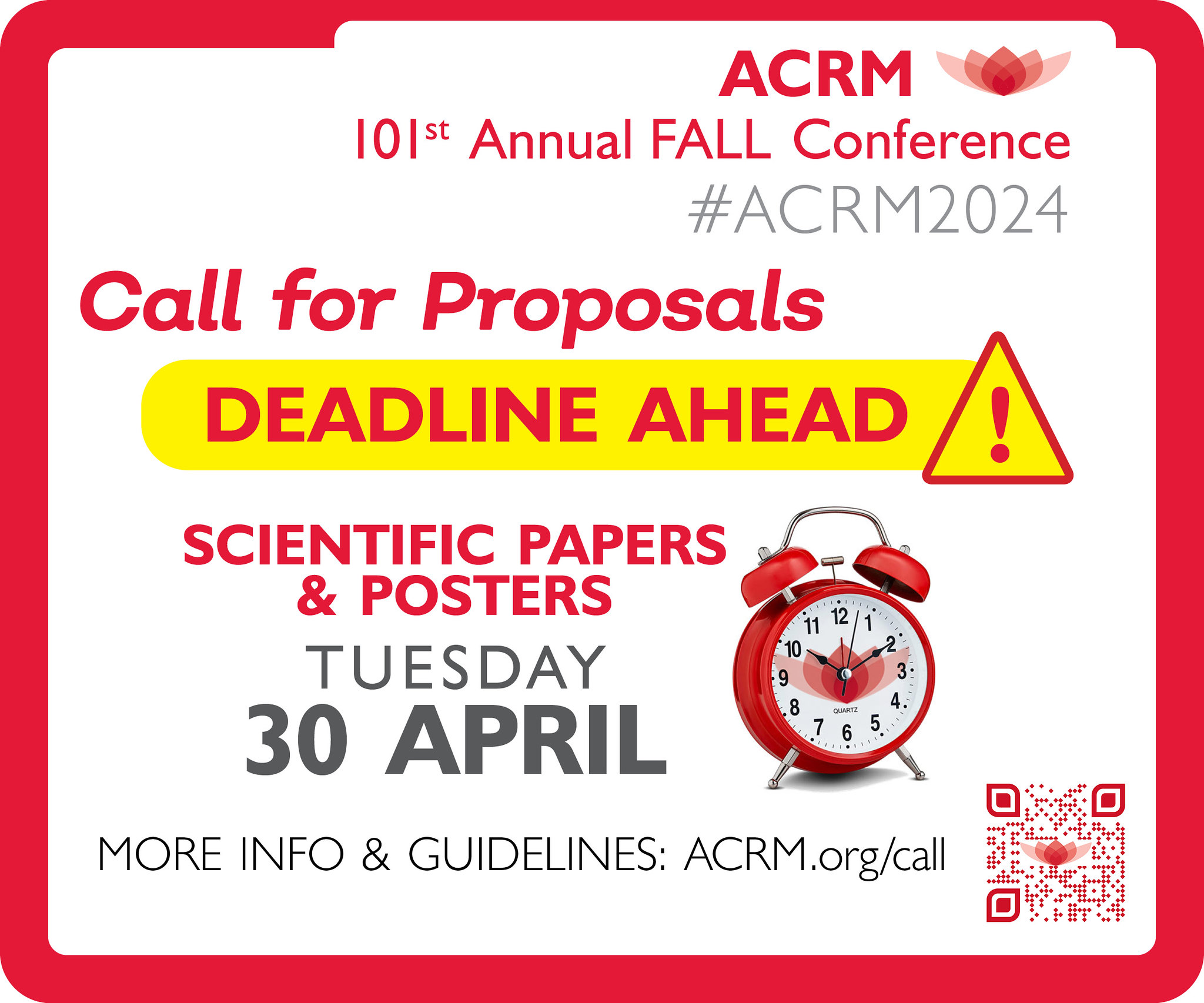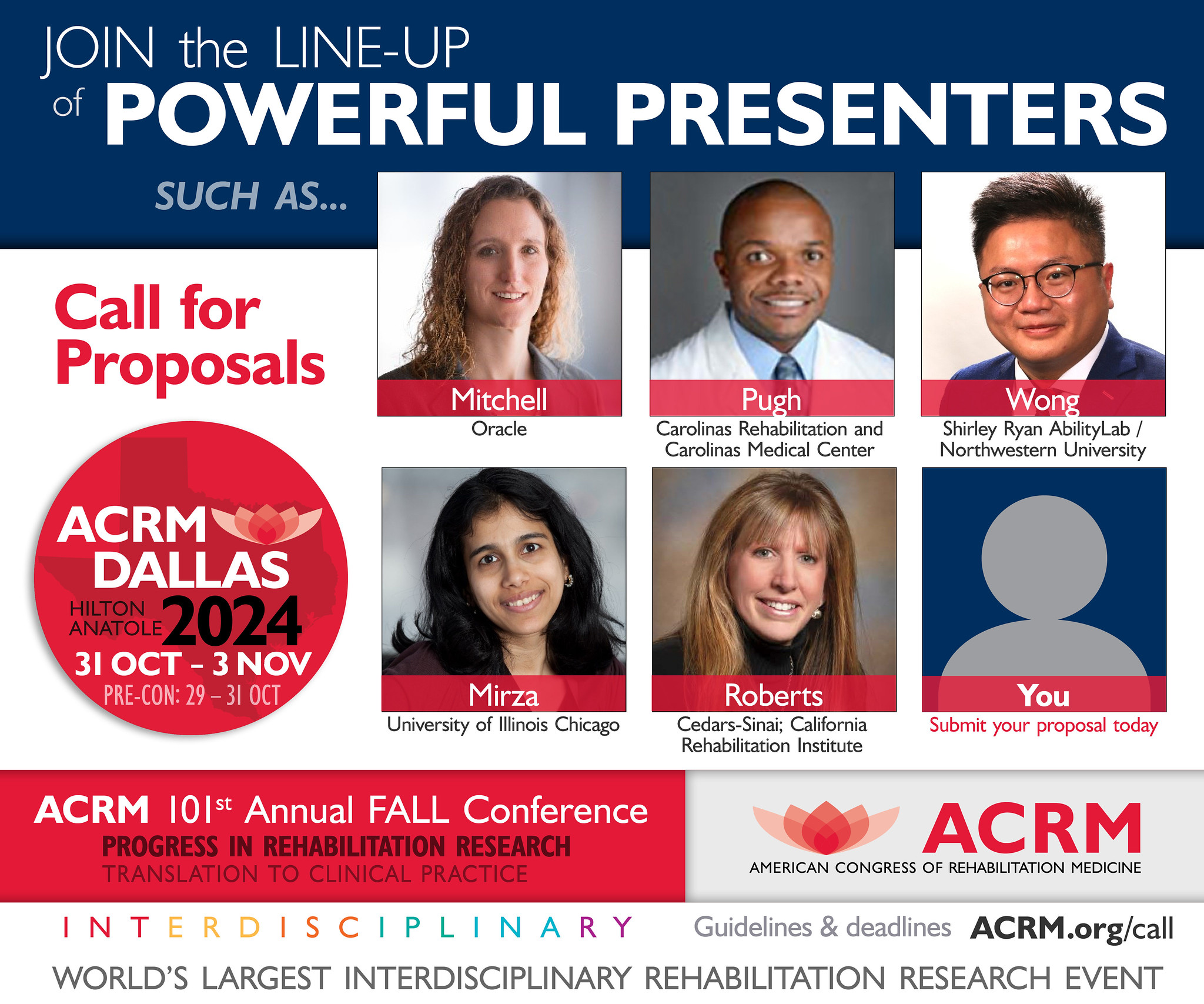
Hubert Vuagnat, MD has a doctorate in medicine from the University of Geneva and a Swiss and European specialisation in rehabilitation medicine. Dr. Vuagnat was for a long time the head of division of the rehabilitation division in the department of rehabilitation and palliative care. He served as the president of the Swiss Association for Woundcare – French speaking (SAfW-romande) from 2004 to 2014. At the end of 2014, Hubert Vuagnat was awarded ACRM’s Edward LOWMANN award for his profound commitment to interdisciplinarity and professionality. He is dedicated to a holistic patient’s approach. Since 2015, Hubert Vuagnat is the head of the HUG centre for Wounds and Wound Healing.
How did you get involved in the field of rehabilitation?
Chance would be the word. As a student, I dearly wanted to be an orthopaedic or hand surgeon. At that time you had to accomplish 2 or 3 years in general surgery before being admitted for the orthopaedic surgery full training cursus. The professor in charge of orthopaedics’ suggested that I could add an additional year in rehabilitation, “it can prove useful in our field”. Of course I couldn’t say no and got a full year contract in a spinal cord injury unit where I went rather reluctantly, praying for the 365 days to pass very, very quickly! After only two weeks, I had discovered such a new world made of patient centred interprofessional work that I decided a reorientation towards spinal cord injury rehabilitation. In 1998, as it was obvious that the unit would shut down, I took the opportunity to develop rehabilitation in a large long term care setting which in the end became a rehabilitation division.
Tell us about your involvement with Doctors Without Borders.
Linked to the frequent pressure ulcers developed by SCI patients, and, as an MD, having nearly no knowledge in wounds, I, little by little, developed skills in the field of wound care. That’s how in 2006, Médecins sans Frontières (MSF), Switzerland called me to get tips on woundcare for their newly developed Buruli Ulcer ward in Akonolinga, Cameroun. At that time, if I could pin Cameroun on a map, none of my neurons knew anything about Buruli Ulcer (not to be mistaken with Burundi which is an African country). Wounds linked with a huge disability potential, it soon appeared that that illness was a dream for somebody with training like mine, wound care plus rehabilitation both together… The collaboration with MSF on this topic was on from 2006 to 2014 but from this emerged a lot of interaction and developments. I would say that the most important among them are:
- Using the knowledge gained in BU, but to serve all those, and they are million, suffering chronic wounds, we developed a basic course to teach simple and adapted wound care in low resource settings. Through this teaching we locally trained 140 healths personal, mostly nurses and doctors but also physios, pharmacists and students. Part of the training is aimed at making them potential teachers. Financially, these courses were backed by MSF but also my hospital and the SAfW. Efforts are now made to export the course to other countries (Togo, Senegal,…)
- The foundation of the World Alliance for Wound and Lymphedema Care (wawlc.org) dedicated to this teaching but also to collaboration with WHO. Also affecting 10 to 20% of the world’s population, wounds are rarely seen as a “worthwhile” entity.
How often do you travel with Doctors Without Borders? Tell us about one of your favorite trips.
Physically, I’m of once or twice a year for a mean duration of 8 days. For these trips, I have the great privilege to be commissioned by my hospital, meaning that it was working time and not taken out of my vacation. Out of the missions themselves, helping people to be more efficient in woundcare, requires quite a lot of work in planning and developments. Telemedicine for woundcare and rehabilitation for MSF does also take quite some time but gives a lot of experience. All of them are favourites. Probably those when the local teaching team shows you that they master their course perfectly are the best.
How does this impact your personal and professional life?
Probably in more ways than I can identify. But for sure, it makes me measure how lucky I am to live and work in Switzerland. For my patients I can still benefit from a wide medical access to which money is not a determinant although high costs on the health insurances are going to impact this in the next few decades. Another impact is the happiness generated when I see the dedication of some local colleagues’ health caregivers to their patients.
What are some challenges you have encountered in your field?
Rehabilitation is not very high in agendas, and I make it willingly plural. Not high for politics, not high for those paying either for clinics or for research, not high for many MD colleagues. And if you get to long term care or wound care, you get even lower. Young colleagues are more prone to turn themselves to more exciting or money generating specialities. But if you think of it, professions with more contacts and richness are not that many and are worth discovering. Rehabilitation is still a growing speciality. With people like those of ACRM, showing why and how things work, bringing a new facet to rehabilitation we are certainly growing stronger.
What do you enjoy doing in your free time?
That’s probably the hardest one. Well, many will be disappointed to learn that despite being aware of all the good things it brings to us, I’m not a sport’s man (I’m the Swiss guy that doesn’t even ski). Going to new places to discover them or going to old places and see them with another eye is certainly one of my favourites. Doing this with my wife and now grownup children is even better, as they’ll bring me part of this new vision. Photography and reading are also most enjoyable.









